Retail’s Reemergence: ‘Adapt, Evolve, Innovate or Perish’
Pacific Retail Capital Partners’ Najla Kayyem on what it takes to safely get back to business in retail, one of the hardest-hit sectors affected by COVID-19.
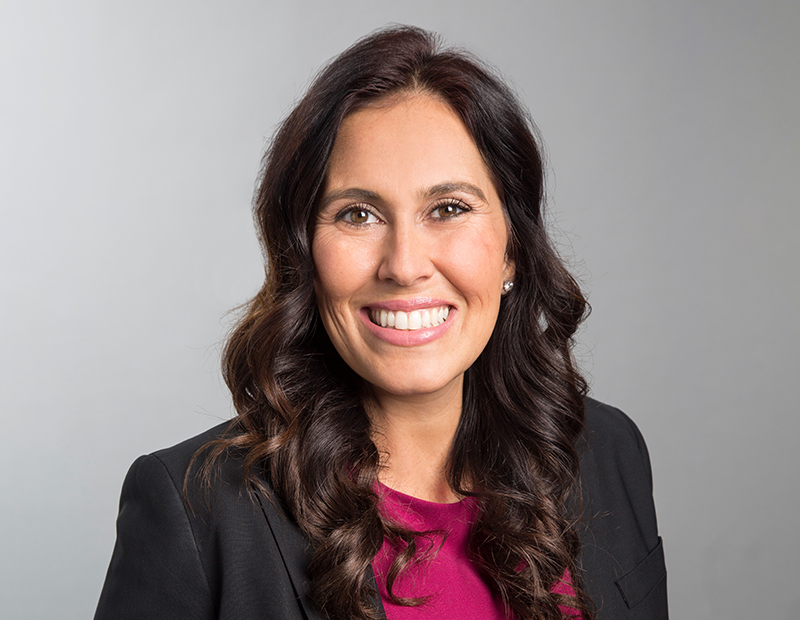
Najla Kayyem, Senior Vice President of Marketing, Pacific Retail Capital Partners. Image courtesy of Pacific Retail Capital Partners
Retail has been one of the most severely impacted real estate sectors since stay-at-home orders went into effect in mid-March across the U.S. Hardships included plummeting sales, bankruptcies and widespread uncertainty. Now that some states have begun to allow businesses to restart operations, the shopping experience is different, with retailers adapting their strategies to the “new economy formed overnight.”
Pacific Retail Capital Partners, a real estate investment, development and property management firm specializing in retail centers and enclosed shopping malls in and around growing urban centers, has entered a reemergence phase. Senior Vice President of Marketing Najla Kayyem explained how retail property managers should prepare for the post-pandemic world.
READ ALSO: How to Approach a Shifting Consumer Mindset
How has PRCP navigated the COVID-19 storm so far?
Kayyem: A new economy formed overnight as this virus completely transformed the business and marketing strategy for many, including Pacific Retail. During this rapidly changing and fluid situation, we mobilized immediately and developed a communication strategy around three main phases to this global pandemic response: safety, living and reemergence. We are moving through each phase at a different pace and for different durations, depending on what part of the country we are doing business in.
We quickly reassessed business plans and recognized the increase in consumer screen time as an opportunity to connect people virtually. Within a weekend, we shifted away from decades of traffic-driving marketing and placemaking programming to a strategy centered on ensuring our employees, customers and our immediate communities were protected, informed and celebrated. We are communicating frequently and transparently, now more than ever. Internal communications are vital and, quite frankly, a lifeline for many of our tenants and employees.
Like most retail real estate operators, we immediately took steps to mitigate the impact of the pandemic, such as making essential cuts to operating expenses and planned capital expenditures. Those elements are being reintroduced as centers reemerge and the demand warrants.
Tell us about your reemergence plan.
Kayyem: We have now entered the reemergence phase, where we are actively sharing reopening best practices, safety protocols, new ways of doing business, parking lot activity and hybrid events, and also listening to the needs of our communities to continue to curate spaces and places for people to connect in a safe environment. Holistically, we are adjusting how we operate our centers, add value for our tenants and manage our teams in a post-COVID-19 environment.
Upon reopening, the centers will be taking additional steps to promote a healthy and clean environment, including increased frequency of sanitization and cleaning, as well as social distancing. Each guest will be asked to follow all recommended state mandates to promote a safe shopping environment for all. In addition, we’ll offer complimentary disposable face coverings upon request. Many of our stores and restaurants are also participating in “clicks to curbside” as a low-touch shopping and dining option.

The Chalk-For-A-Cause event at The Shops at Montebello. Image courtesy of Pacific Retail Capital Partners
We have begun to introduce a hybrid of virtual and in-real-life community events back into our platform. On the West Coast, mid-May, in the midst of the lockdown in Los Angeles, The Shops at Montebello hosted their first annual Chalk-For-A-Cause in partnership with the City of Montebello. The goal was to use the parking lot as a canvas for messages of hope and positivity. For a $30 donation, registrants received an assigned parking space and time frame to complete their design, a bucket of chalk and a roll of painter’s tape. Rules were designed to prevent any cross-contamination between participants and physical distancing, along with face coverings, were required of the pre-registered participants.
On the East Coast, as Broadway Commons in New York reached its 60-day mark of closure due to COVID-19, there was a strong sense of responsibility to not only continue to drive sales for partners and add value to open restaurants but also to continue to be a staple of the community and serve as a conduit for people to connect and come together. Keeping New York State’s social distancing mandates in mind, Broadway Commons repurposed its vast parking lot to host its first drive-in movie experience. Not only did the drive-in showing garner interest and enthusiasm from stir-crazy, cooped-up families within the community, but it also presented an avenue for restaurants to generate double-digit increases in sales.
How have your tenants reacted to your changes so far?
Kayyem: Overall, feedback from store managers where we have reopened has been very favorable. They are appreciative of the swift and nimble management teams and their willingness to respond, adapt, participate and roll their sleeves up to help reactivate their business.
If we don’t help tenants through the difficult times, we won’t have them on the other side of this. Our internal communications and the resources we have continually provided are vital. Pacific Retail has expanded its commitment to meet tenant and strategic partnership needs with increased communication, access to resources, tools and guidance on how to do business in a different way. This support hub also includes one-on-one consulting on adding e-commerce to their existing business model, and helping to support their digital presence.
On the leasing front, we are taking a creative approach to deal-making. We maintain a progressive program where we continually look to evolve each asset from a use perspective and merchandising mix.
What can you tell us about the costs associated with the reopening process?
Kayyem: The safety and health of our guests, employees and community are our top priorities. There are many costs to consider and account for as we reemerge and operate with increased safety and sanitization at the forefront. At the top of these expenses are the items necessary to comply with local and state mandates along with the associated signage needs—both temporary and permanent—to manage occupancy, encourage physical distancing, good hygiene and promote new no- or low-contact programs. Each asset’s size, location, jurisdiction, occupancy, staffing, phase, cash flow and retailer participation plays a role in determining the appropriate budget for a thoughtful and effective reopening program.
READ ALSO: Net Leased Pharmacies, Dollar Stores Perform Well Despite Pandemic
To what extent do you expect all these adjustments to impact the shopping mall experience?
Kayyem: Expectations for retailer operations are high. While consumers already expect experiential inline and online savvy from brands they support, developers need to expect the same from new and existing tenant relationships. This renewed commitment to omnichannel operations and innovative retail spaces is already a conversation in our various leasing negotiations, and we’re equipping our tenants with the tools to be successful in this evolution.
This time is truly a crucial opportunity for every retailer to become omnichannel. Too many brands—from supermarkets to high fashion—made digital presence an afterthought. And while the knee-jerk reaction to this crisis might be to move the business entirely online, what truly makes great brands so successful is their clarity in recognizing the wants and needs of their specific community of consumers and diversifying their offerings across platforms to meet those needs. That means a responsive e-commerce site, experiential stores, engaging social media and customer service platforms, online and in-person meet-ups, loyalty programs, convenience, and ease of the experience—in-store, curbside, online, social, delivery—along with authentic events.
The pandemic accelerated trends already pushing retailers to the edge. We know we’re going to come out of this with fewer retailers, but the brands who will survive and thrive in a post-pandemic retail world will be the brands delivering innovative and meaningful retail and leisure by rising to the new demands within physical shops and offering great services or products.
What is your best advice for retail managers trying to find the best solutions to resume business?
Kayyem: Adapt, evolve, innovate or perish. Words are meaningful, but actions are profound. The pathway to recovery lies in the ability to get your community comfortable and safe again. We used to hide our cleaning services and do most work in the evening to not impact the customer experience. Now we want our consumers to see the housekeeping team cleaning in real time.
Customer service retraining is paramount; team members need to be equipped to handle uncomfortable customer interactions that they previously weren’t accustomed to, like encouraging patrons to wear a face covering or stand 6 feet apart. Having the right staff is key. Train them to anticipate needs and be hyper-responsive. Think about your space differently. Try new things, add new uses. Companies devoted to last-mile delivery are enjoying the accessibility, ease and convenience of operating out of a well-located regional shopping destination.
How long do you think it will take for the retail sector to return to pre-coronavirus levels?
Kayyem: While some sources are suggesting a 12-to-24-month recovery, we are seeing immediate results in centers currently open. While the first two weeks for our open shopping centers showed low foot traffic, by the third week we saw dramatic traffic increases, in some cases up to 75 percent of pre-COVID-19 levels, with folks carrying multiple bags in hand from various stores. Sales and foot traffic patterns suggest a higher purchase rate per person than pre-COVID-19. We are seeing pent-up demand as well as “retail therapy” and “patriotic spending” throughout the country.
Signs are pointing to a solid recovery in markets that were minimally impacted by the closures. Utah is seeing double-digit increases compared to last year in the home category, and North Carolina has seen a consistent traffic uptick week-over-week. With stocks soaring and jobs rebounding in June, I am cautiously optimistic about a solid recovery.
Consumer patterns are certainly shifting. While e-commerce is reporting an 18 percent increase over three to four months, which typically takes three to four years, last-mile fulfillment and closing the loop have been deemed critical during the pandemic and for the future. From our “clicks to curbside” contactless, onsite pick-up service to a seamless omnichannel experience, we expanded our tenant support from simply brick-and-mortar retailers to assisting with a tenant’s e-commerce execution in some cases.
Amazon is tapping into the value of the expected shopping center foot traffic rebound and premium locations by opening brick-and-mortar stores, including one at our Crabtree Valley Mall in Raleigh, N.C., Amazon 4-star—which is the only North Carolina store within the 30 Amazon-selected locations—will open at Crabtree this year.



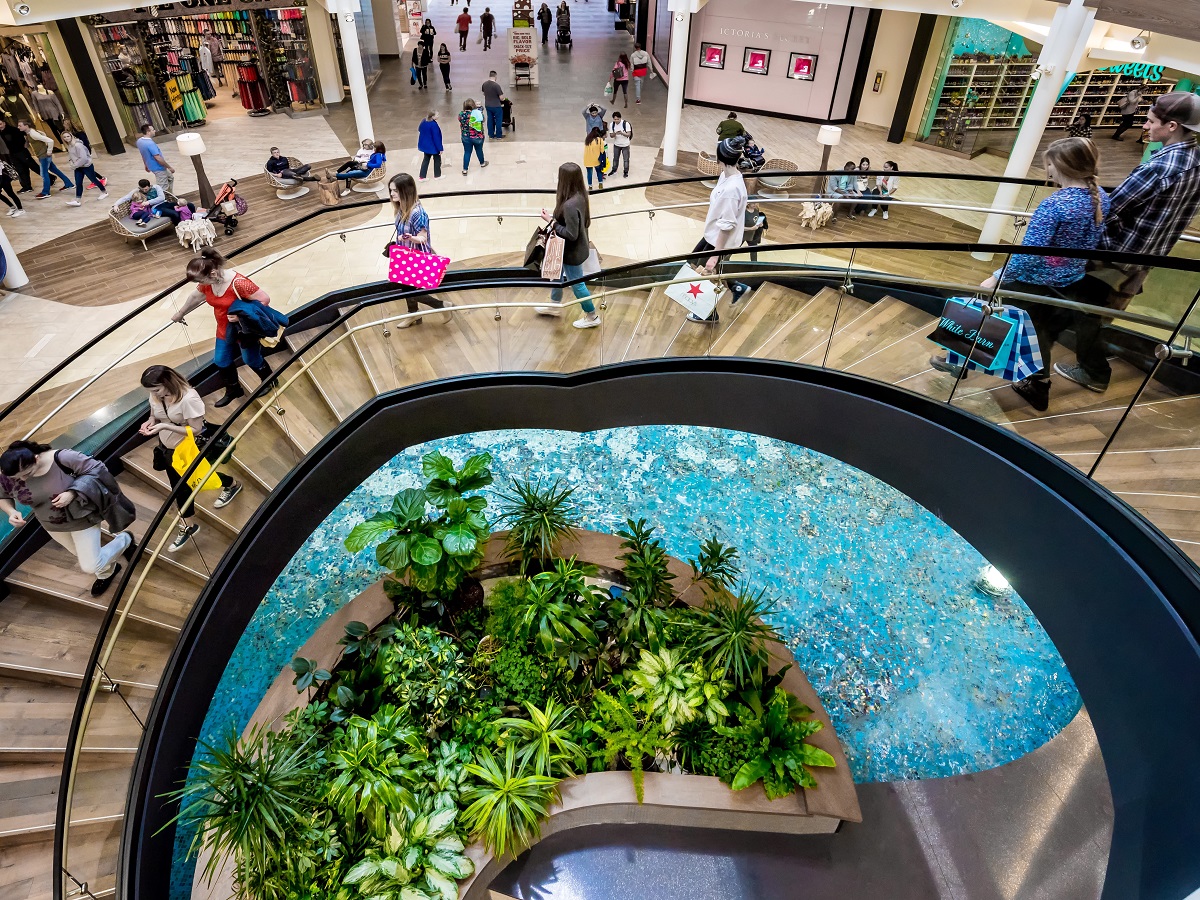
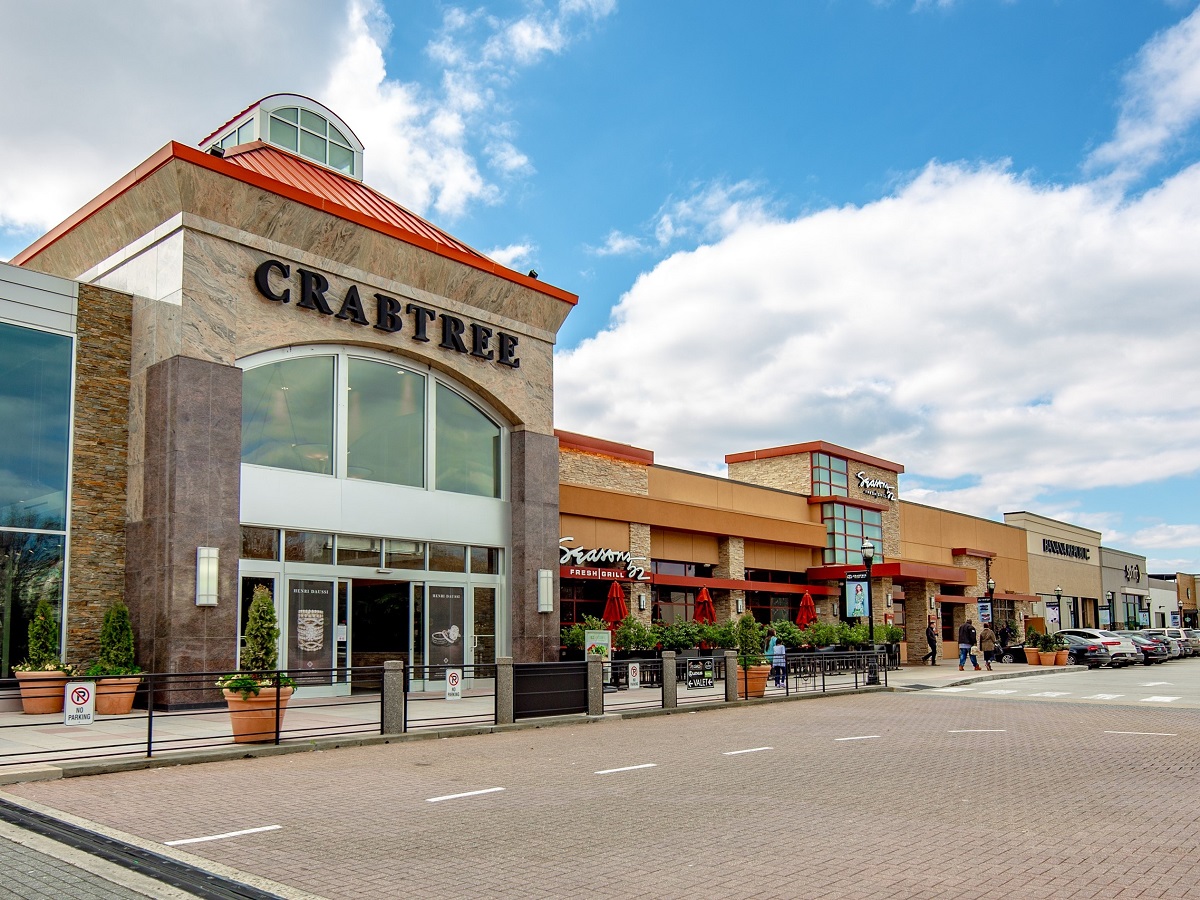
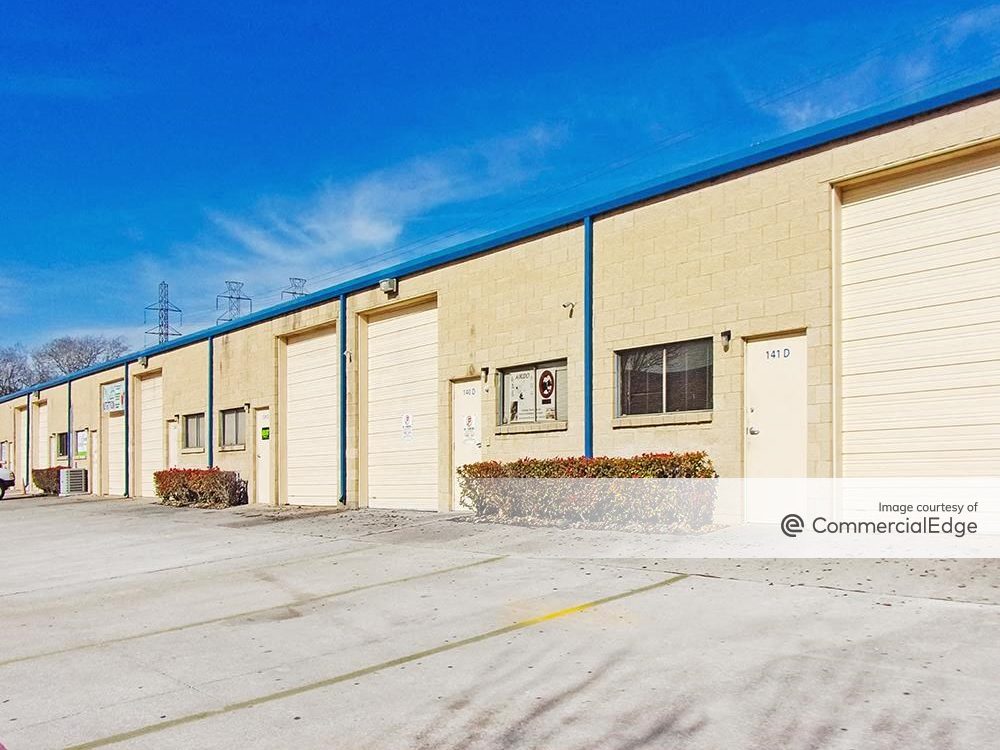



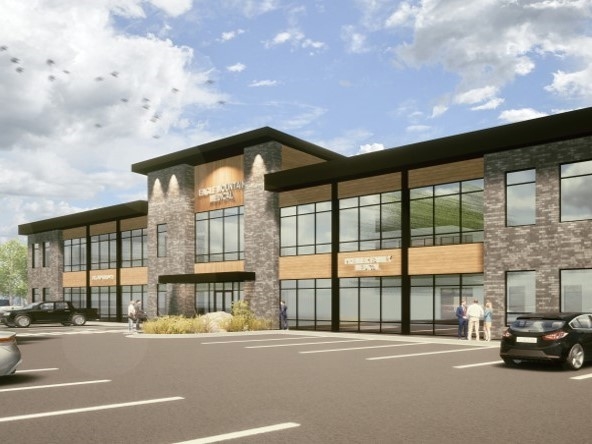

You must be logged in to post a comment.